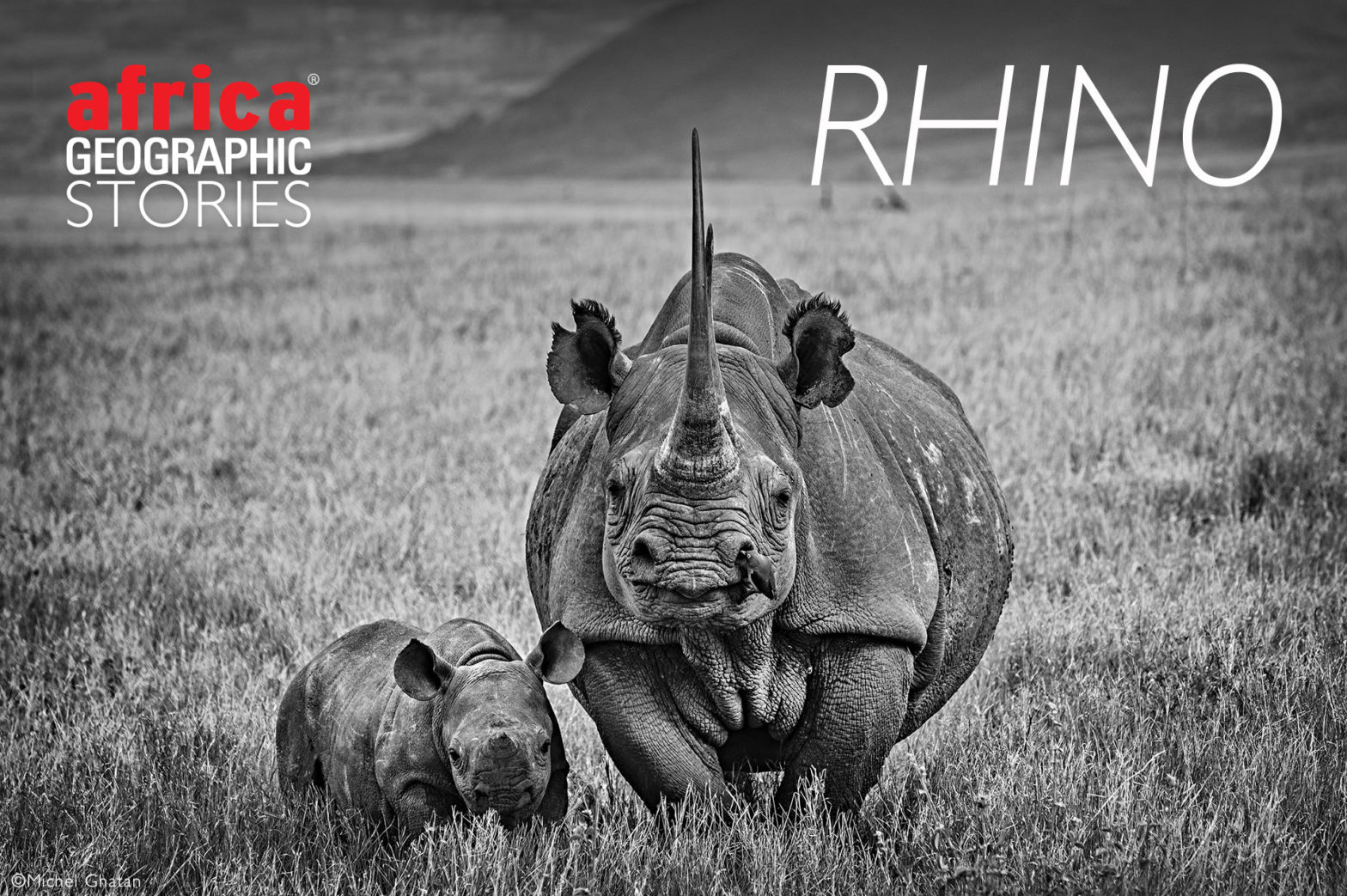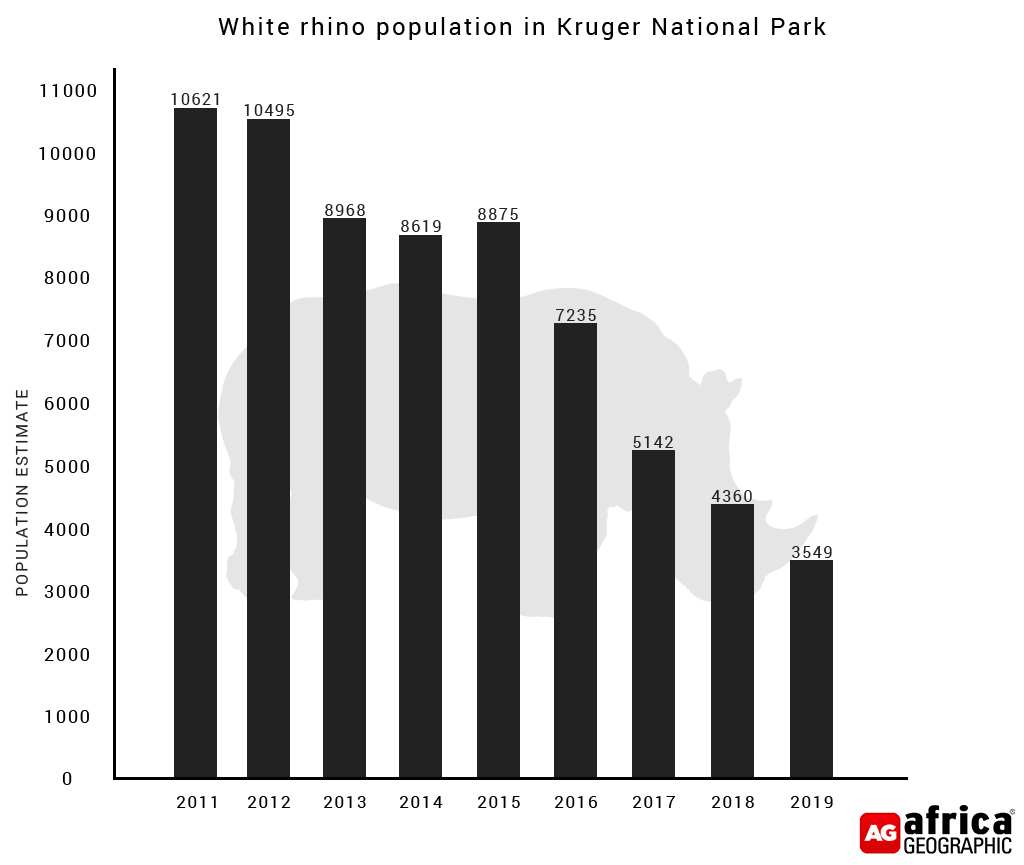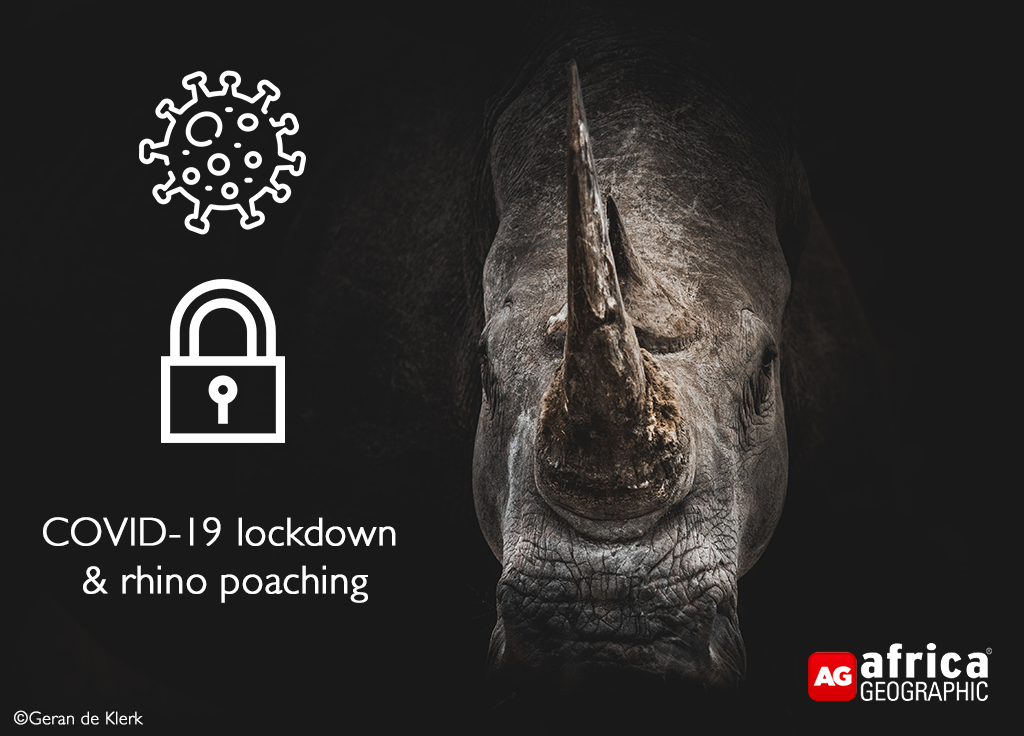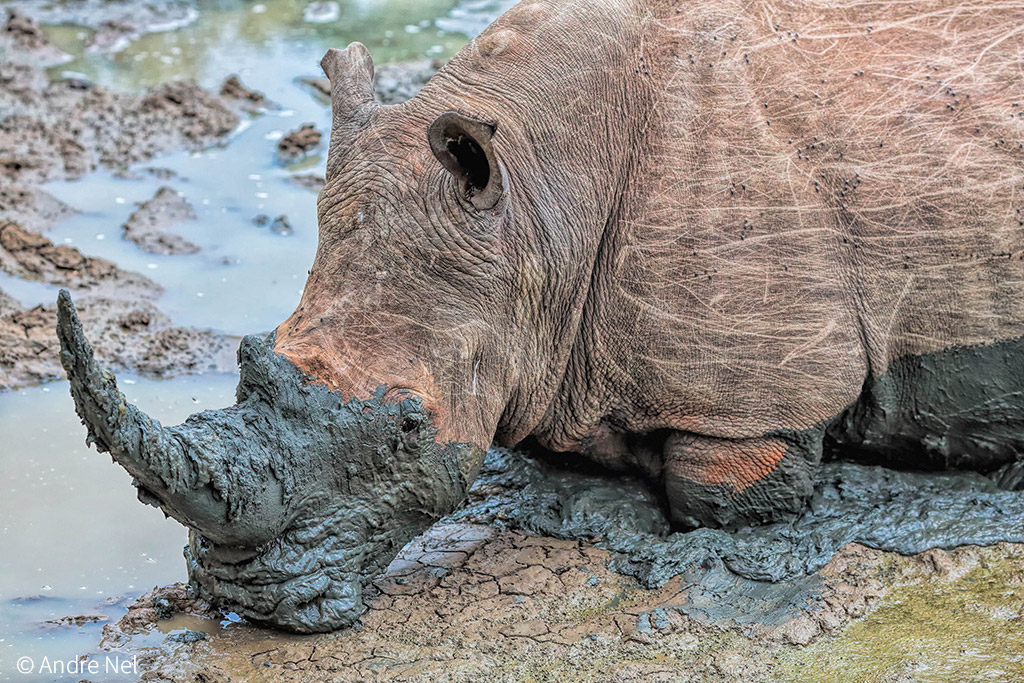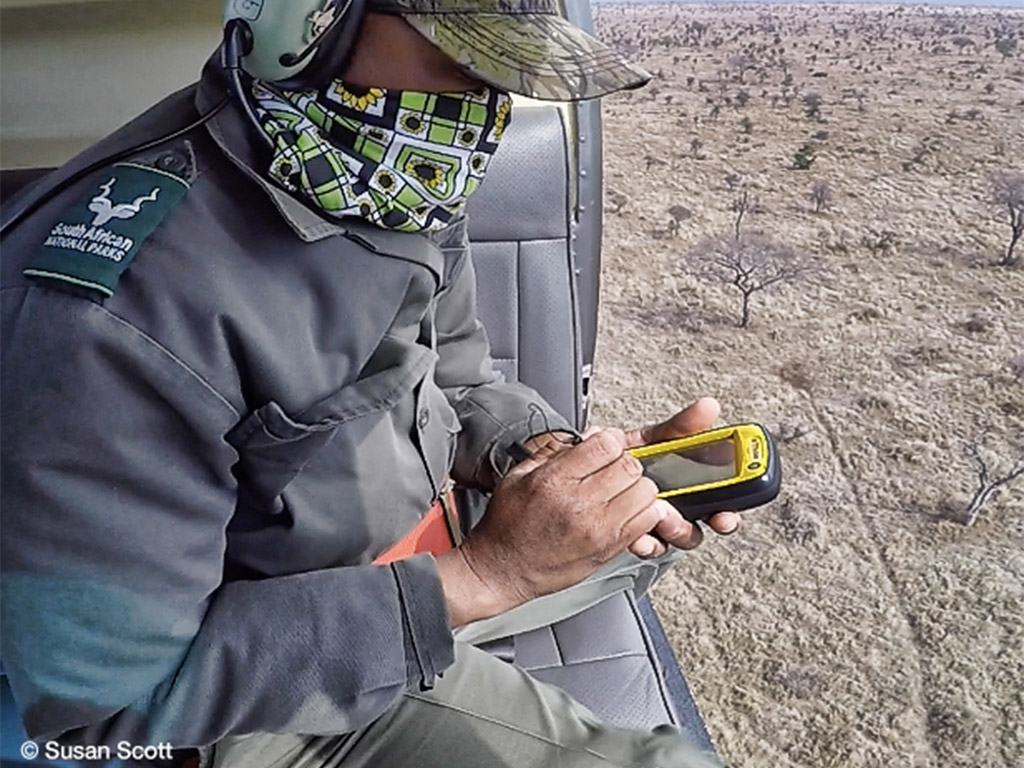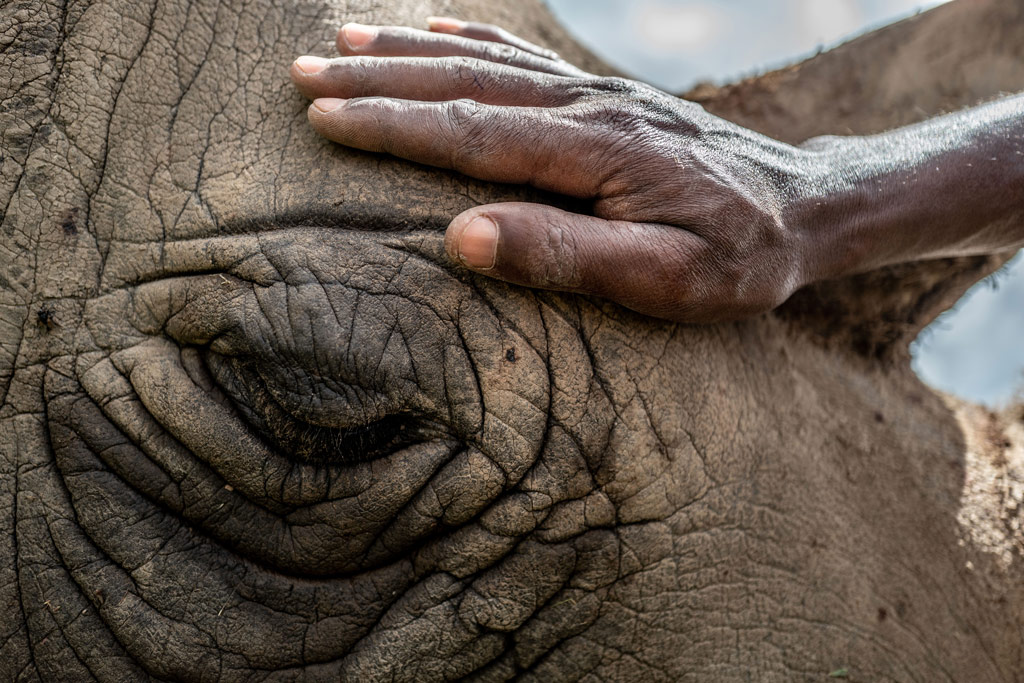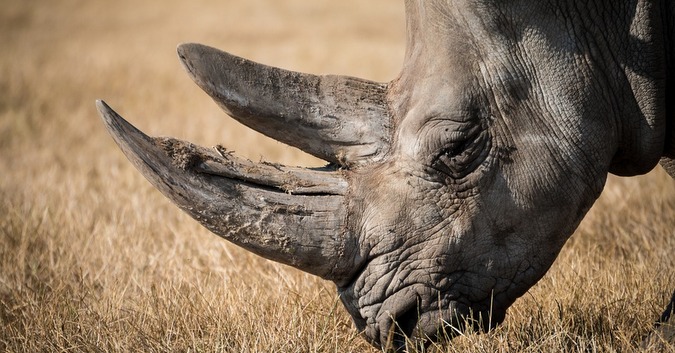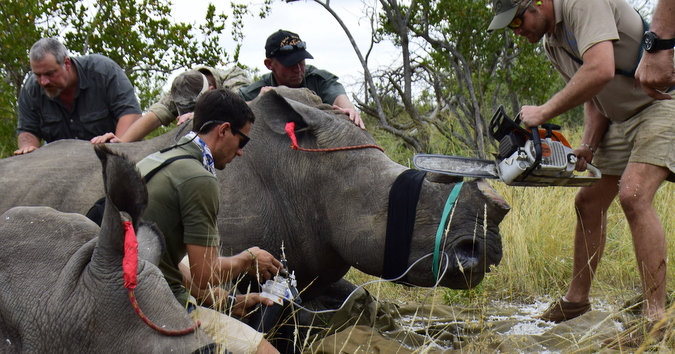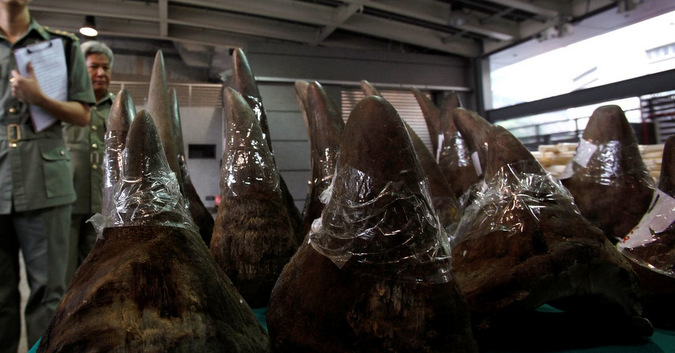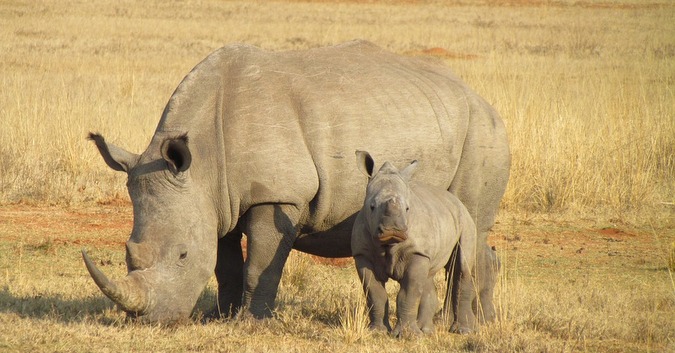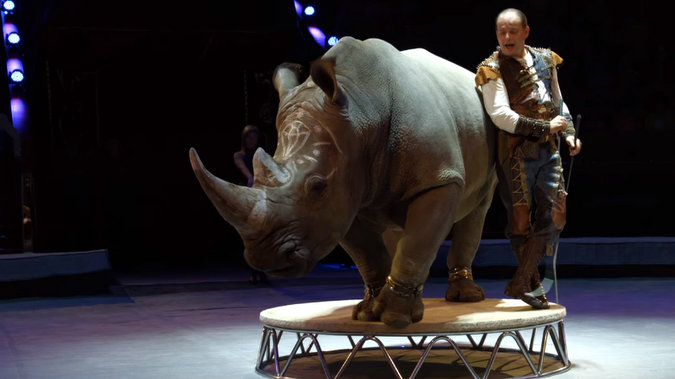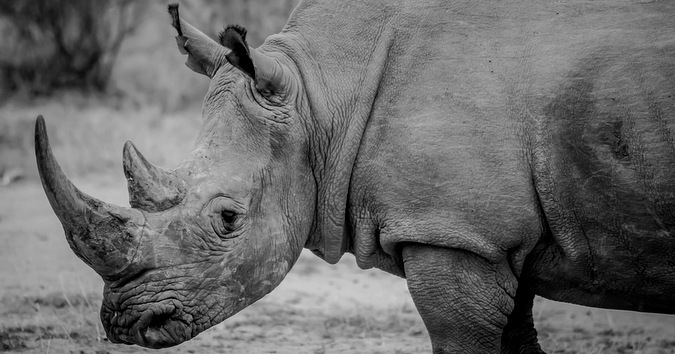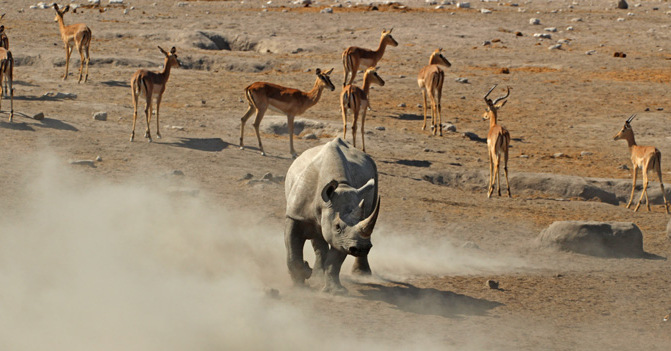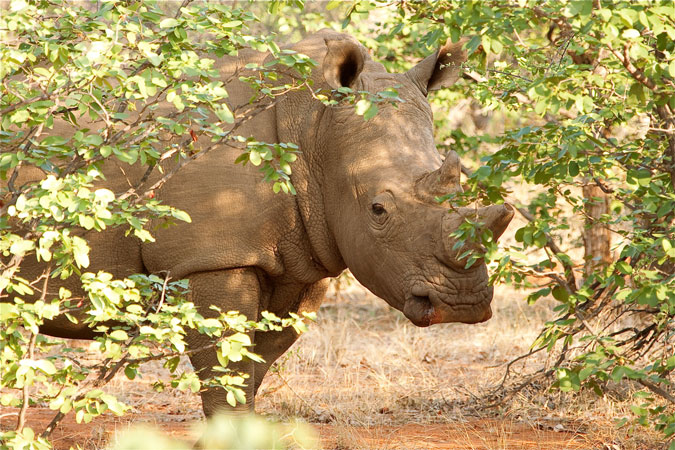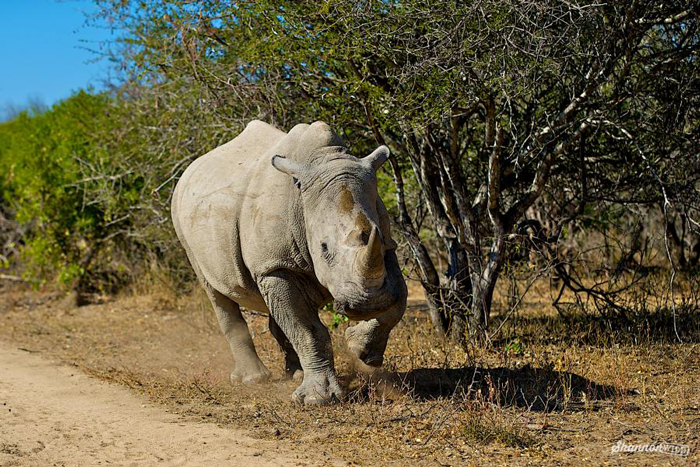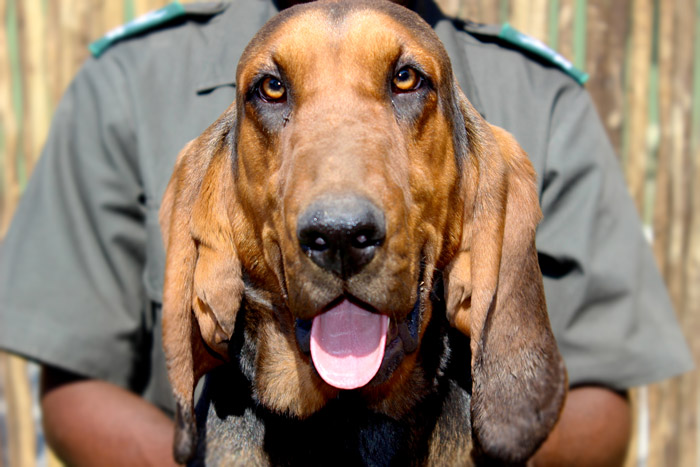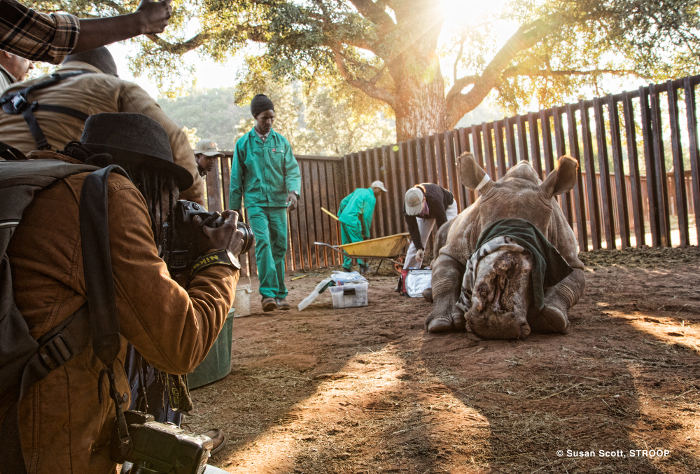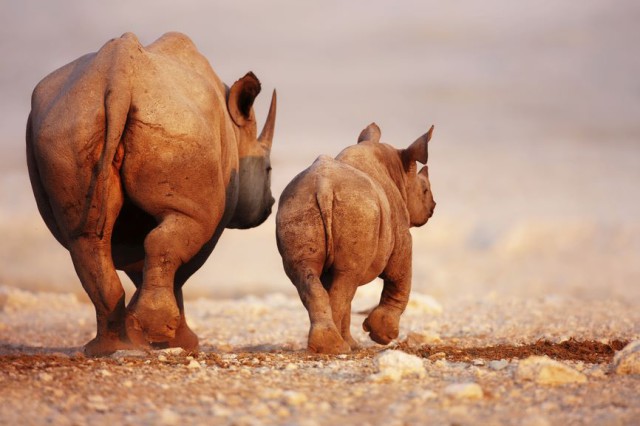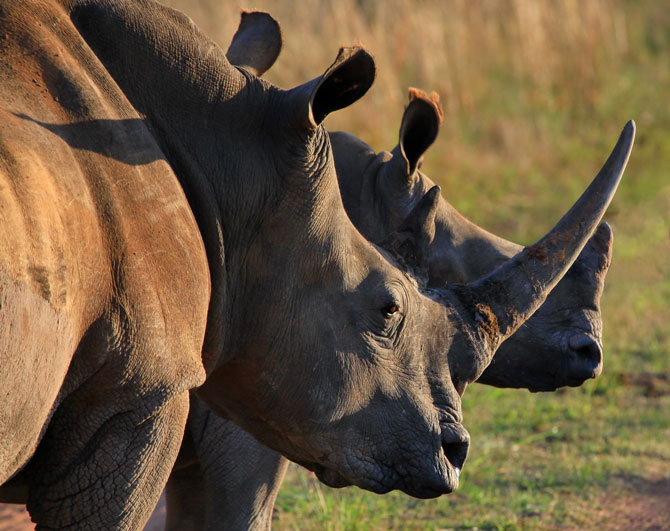Africa’s 2 rhino species are the most numerous of the world’s 5 species. Here is everything you need to know about black and white rhinos
Tag Archives: Rhino
Will legal international rhino horn trade save wild rhino populations?
Will legal international rhino horn trade save the wild rhino population? Find out here in this thought-provoking opinion post
Rhino poaching stats 2020 – more shades of grey
Rhino poaching for 2020 is lower because of the COVID-19 lockdown – although SA Minister claims the victory for her team
Why are rhinos important for ecosystems?
Learn about why rhinos are vital ecosystem engineers & why Africa’s wild places would never be the same again if rhinos were to disappear
Latest rhino poaching stats: shades of grey
Rhino poaching stats released by South African government do not tell the true story of how dire the situation is, say STROOP team
Saving the Northern White Rhino: Third Embryo Successfully Created
International scientists and Kenyan conservation authorities have successfully created the third viable embryo of the near-extinct northern white rhino. The global initiative has taken yet another step in the long journey to pull this subspecies back from the brink.
OPINION: Rhino horn trade – designing a sales mechanism should international trade become legal
Rhino horn trade: If the international sale of rhino horn was legalised could it be more successful than the previous legal sales of elephant tusks?
Massive rhino dehorning operation in Balule, Greater Kruger
The entire rhino population of Balule (Greater Kruger) has been dehorned, in a massive operation.
Good news as China now reverses decision to lift ban on trade in tiger and rhino parts
China has postponed the lifting of a ban on the trade of rhino horn and tiger parts for medicine and other uses, the government said on Monday, after a storm of protest from conservation groups over a plan to water down the decades-old prohibition.
DEA announces 2018 rhino and elephant poaching stats to date
The South African Department of Environmental Affairs announces 2018 rhino and elephant poaching stats to date.
Video: South African rhino doing circus tricks in Russia – what’s next for our wildlife industry?
A two-ton white rhino, sold from a South African farm, is being forced to perform tricks at Russian circuses.
Rhino horn: Recipes for disaster
In the middle of the sixth mass extinction, when 50% of the living species are at risk of extinction due to the ever growing, destructive human hands, the six rhinoceros species are at the tip of the pyramid, among the most endangered species on Earth.
The rhino in the room: South Africa’s domestic trade in rhino horn
On the surface, the upcoming legal auction of rhino horn set to begin on August 21 might appear to be a harmless propaganda exercise, but it may in fact signal a deepening of the rhino crisis.
18% crash in Kruger white rhino population
Drought & poaching have reduced estimated white rhino numbers in South Africa’s Kruger National Park by 18% during the past year
It’s a no for Swaziland rhino horn trade proposal
CITES delegates vote overwhelmingly to protect rhinos by rejecting a proposal to legalise the rhino horn trade submitted by Swaziland.
More dogs for Kruger’s canine unit
Kruger’s K9 Centre welcomes the addition of four new dogs at handover ceremony.
Hope: a rhino’s story of survival
The rhino poaching documentary STROOP is to be released this year, this is the story of one character, the rhino called Hope.
Rhino horn – Will supporters of trade make their case?
Organisers of a key conference about rhino conservation and introducing a legal trade in rhino horn claim that advocates of trade are threatening to boycott the conference because their point of view will not be represented.
Rhinos: It’s time for Plan B
We do not get a second chance if we get the economics of rhino trading wrong; all the rhino in the wild will be gone. It is time for a Plan B.

